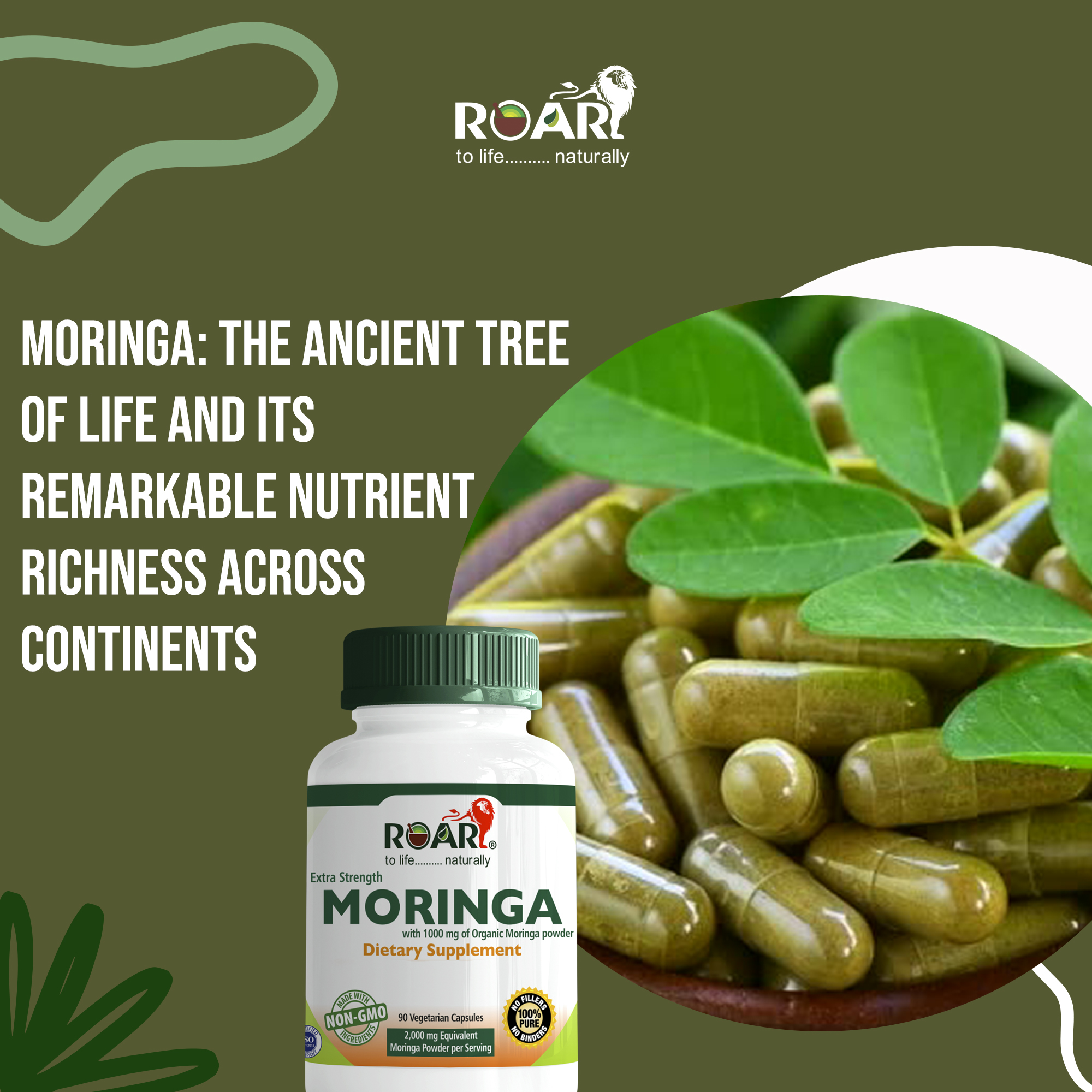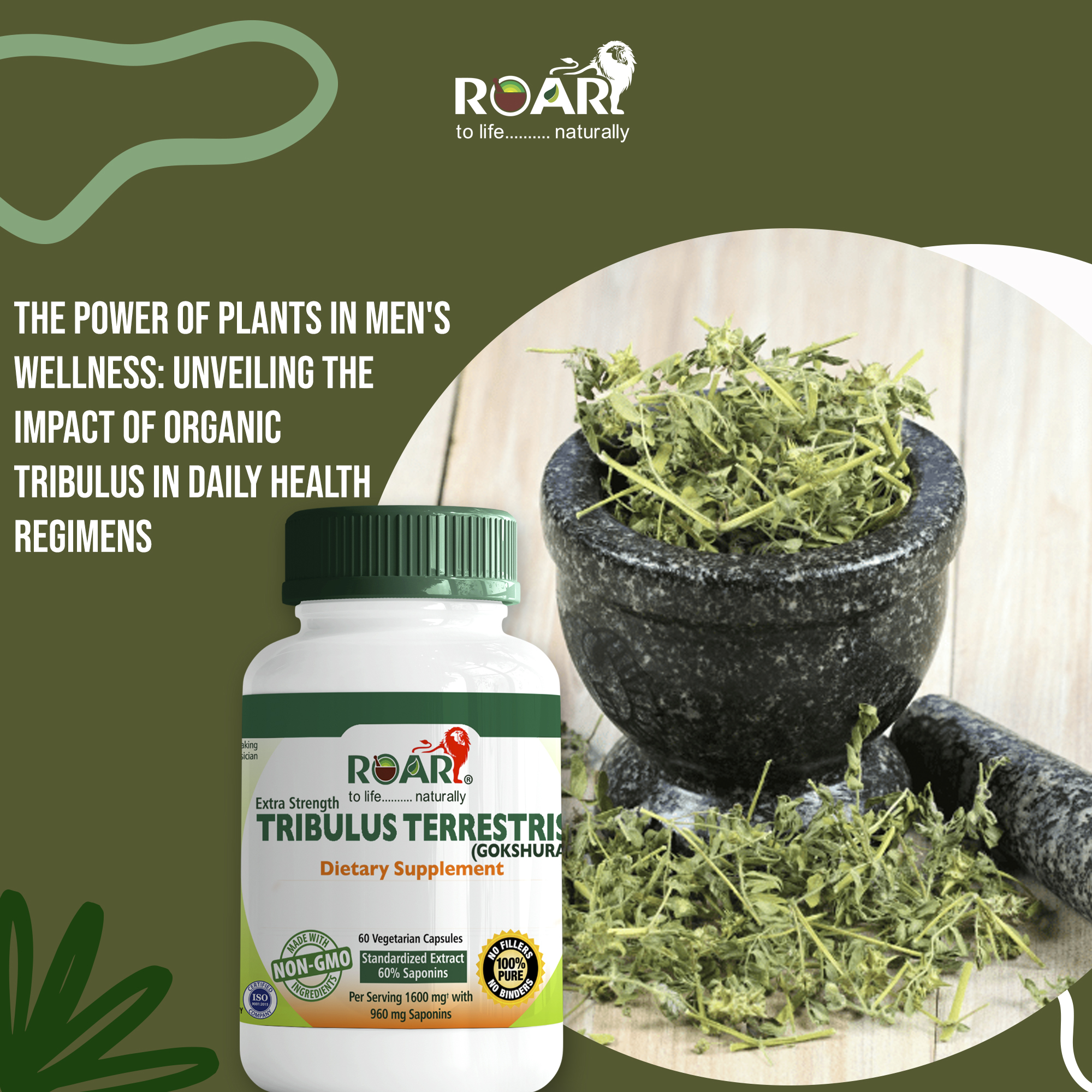No products in the cart.
Ayurvedic Alchemy: Crafting Natural Solutions for Modern Health Challenges
Ayurveda, often referred to as “Ayurvedic Medicine Today,” is an ancient healing system originating in India over 5,000 years ago. It stands as one of the world’s oldest holistic healing systems. Central to Ayurvedic Alchemy is the belief that health and wellness depend on a delicate balance between body, mind, and spirit. Ayurveda emphasizes prevention and encourages the maintenance of health through close attention to balance in one’s life, diet, and use of herbal remedies. This time-honored approach views each individual as unique, with a specific constitution and set of life forces known as doshas. Understanding and balancing these doshas form the cornerstone of Ayurvedic practice, making it a deeply personalized and comprehensive approach to health.
The Five Elements and Three Doshas
In Modern Ayurveda, the ancient wisdom of holistic healing is revitalized through Ayurvedic Innovations, blending seamlessly with Integrative Medicine. At the heart of this system are the five elements: earth, water, fire, air, and ether. These elements are foundational to the universe and, in Ayurveda, are believed to manifest in the human body through three primary energies or doshas: Vata (air and ether), Pitta (fire and water), and Kapha (earth and water).
Understanding an individual’s dominant dosha is crucial for personalized health solutions. Vata, characterized by qualities of dryness and movement, governs functions related to motion. Pitta, representing fire and transformation, oversees digestion and metabolism. Kapha, embodying earth and stability, maintains structure and fluid balance.
Modern Ayurveda leverages this ancient knowledge in an integrative approach. By identifying a person’s primary dosha, practitioners of Ayurvedic medicine can tailor diets, lifestyle adjustments, and treatments to align with their unique constitutional makeup. This personalized approach not only addresses specific health issues but also promotes overall well-being, making it a powerful tool in the realm of holistic healing. In this way, Ayurvedic Innovations offer a sophisticated and time-tested approach to health, one that is increasingly recognized and valued in the world of Integrative Medicine.
Modern Health Challenges



The transformative power of Ayurvedic Alchemy is particularly relevant in addressing the common health issues of our time, such as stress, anxiety, obesity, and chronic diseases. These ailments, often exacerbated by modern lifestyles and urbanization, reflect an imbalance in our natural state of health. Urban living, with its fast pace, high stress, and often sedentary nature, contributes significantly to these conditions. The convenience of processed foods and a shift towards indoor, screen-based activities have further compounded issues like obesity and mental health disorders.
Ayurvedic Alchemy offers a holistic approach to these contemporary challenges. It emphasizes a return to natural rhythms and balances, advocating for dietary practices that align with one’s unique body type, incorporating physical activity suited to individual needs, and employing stress-reduction techniques such as meditation and yoga. This ancient wisdom, when applied to our modern context, provides a roadmap for navigating the health challenges posed by our rapidly changing world. By embracing Ayurvedic principles, individuals can find harmony and wellness amidst the complexities of modern life.
Ayurvedic Solutions for Modern Problems
- Integrative Medicine for Mental Health: Incorporating Ayurvedic practices like meditation and yoga into daily routines can significantly reduce stress and anxiety, offering a holistic approach to mental wellness. Herbs like Ashwagandha and Brahmi are known for their calming effects on the mind.
- Holistic Healing for Metabolic Disorders: Ayurveda recommends a balanced diet tailored to one’s dosha (body type) for managing metabolic disorders. Foods like barley, green leafy vegetables, and bitter herbs are beneficial for Kapha types prone to diabetes and obesity.
- Dietary Recommendations in Integrative Medicine: Emphasizing whole grains, fresh fruits, and vegetables, Ayurvedic diets are customized based on individual dosha, promoting digestive health and aiding in the prevention of chronic diseases.
- Herbal Remedies for Immune System Support: Ayurveda uses a range of herbs like Turmeric, Amla, and Giloy, which are known for their immune-boosting properties. These can be integrated into daily diets as supplements or teas.
- Yoga for Physical and Mental Balance: Integrative medicine often includes yoga for its dual benefits on physical health and mental wellbeing. Specific asanas (postures) are recommended for different health conditions, promoting overall balance and health.
- Meditation and Mindfulness in Holistic Healing: Regular meditation is advocated in Ayurveda for its profound impact on mental clarity and stress reduction, essential in managing conditions like hypertension and heart disease.
- Ayurvedic Detoxification Techniques: Practices such as Panchakarma offer holistic detoxification, which is beneficial in clearing toxins from the body, improving organ function, and supporting overall health and wellness.
- Seasonal Routines in Integrative Medicine: Ayurveda emphasizes the importance of aligning lifestyle and diet with the seasons, which can be a powerful tool in addressing seasonal affective disorders and boosting energy levels.
- Tailored Exercise Regimens in Holistic Healing: Ayurveda suggests exercise routines based on individual dosha, ensuring that physical activity supports rather than disrupts one’s natural balance.
These Ayurvedic practices, when incorporated into modern integrative medicine and holistic healing approaches, offer comprehensive solutions to contemporary health challenges.
The Role of Detoxification
Panchakarma, a cornerstone of Ayurvedic Innovations, is a profound detoxification process that embodies the essence of Ayurvedic principles for cleansing and rejuvenating the body. This ancient practice is increasingly relevant in our modern world, besieged by pollutants and toxins.
- Deep Cleansing: Panchakarma goes beyond surface-level detoxification. It meticulously removes deep-seated toxins from the body, which are often the root cause of various ailments.
- Enhancing Digestive Functions: By restoring the balance of the three doshas, Panchakarma significantly improves digestion and metabolism. This leads to better nutrient absorption and efficient elimination of waste.
- Rejuvenation and Healing: Post detoxification, Panchakarma focuses on rejuvenating the body’s tissues. This not only revitalizes the body but also strengthens the immune system, making it more resilient against diseases.
- Stress Reduction and Mental Clarity: Through practices like Shirodhara (a form of head massage) and meditation, Panchakarma also addresses mental health, reducing stress and enhancing mental clarity.
- Customized Therapies: True to the spirit of Ayurvedic Innovations, Panchakarma treatments are tailored to individual needs, taking into account one’s unique doshic imbalances, age, digestive strength, immune status, and many other factors.
- Holistic Approach to Wellness: Panchakarma embodies a holistic approach, addressing not just physical ailments but also promoting emotional and spiritual well-being.
In an era where environmental toxins and lifestyle-related diseases are rampant, Panchakarma stands out as a powerful Ayurvedic Innovation. It offers a time-tested solution for detoxifying, nourishing, and rejuvenating the entire human system, aligning perfectly with the needs of contemporary society.
Integrating Ayurveda with Modern Medicine
Ayurvedic Medicine Today is increasingly recognized as a valuable complement to modern medical treatments, offering a synergistic approach that blends traditional wisdom with modern science for more effective health solutions.
- Holistic Patient Care: Modern medicine excels in diagnostics and targeted treatments, while Ayurveda offers a holistic view of patient care, emphasizing prevention and the balance of mind, body, and spirit. This combination can lead to more comprehensive care strategies.
- Managing Chronic Conditions: For chronic conditions like arthritis or diabetes, Ayurveda can provide dietary and lifestyle interventions that enhance the effectiveness of modern pharmaceutical treatments, often reducing side effects and improving overall quality of life.
- Stress Reduction and Mental Health: Modern medicine’s approach to mental health can be effectively supplemented with Ayurvedic practices such as meditation, yoga, and herbal treatments, aiding in stress reduction and mental wellbeing.
- Enhanced Recovery Processes: Post-operative and recovery phases may benefit from Ayurvedic therapies, such as massage and customized diets, which can accelerate healing and reduce recovery time.
- Integrating Preventative Health Strategies: Ayurveda’s focus on preventative health can be integrated into modern medical practices, encouraging patients to maintain a balanced lifestyle to prevent diseases before they occur.
- Personalized Medicine: Both Ayurveda and modern precision medicine value the individualization of treatment. Ayurvedic principles can contribute to tailoring treatments based on individual constitutions and genetic profiles.
- Supporting Immune Function: Ayurvedic treatments can bolster immune function, which is particularly beneficial in complementing modern medical treatments like chemotherapy, which can weaken the immune system.
- Research and Development: The incorporation of Ayurvedic herbs and supplements in modern pharmacology is an area of growing interest, with research exploring their efficacy and mechanisms of action.
By embracing Ayurvedic Medicine Today as a complementary approach, modern healthcare can tap into a vast reservoir of traditional knowledge, enhancing the efficacy of treatments and offering more holistic and personalized patient care. This integration represents a progressive step in the evolution of global healthcare practices.
Sustainable and Ethical Practices
Integrative Medicine, which combines the best of modern and traditional practices, finds a strong ally in Ayurveda, particularly in its sustainable and ethical approach to wellness. Ayurveda’s commitment to harmony with nature is evident in several key aspects:
- Use of Natural Ingredients: Ayurveda predominantly uses ingredients sourced from nature, such as herbs, plants, and minerals. These natural components are not only effective but also have a lower environmental impact compared to many synthetic drugs.
- Ethical Sourcing Practices: The tradition of Ayurveda places great emphasis on ethically sourcing its ingredients. This means prioritizing renewable resources, respecting wildlife habitats, and ensuring the fair treatment of those who cultivate and collect these natural products.
- Minimal Processing: Ayurvedic preparations often involve minimal processing, retaining the natural integrity of ingredients. This approach reduces the carbon footprint associated with extensive processing and manufacturing.
- Promoting Biodiversity: By utilizing a wide range of plants and herbs, Ayurveda supports the conservation of biodiversity. This is crucial for maintaining ecological balance and ensuring the availability of medicinal resources.
- Waste Reduction and Biodegradability: Ayurvedic products, being natural, often have the advantage of being biodegradable, contributing to reduced waste in the environment.
- Holistic Wellness Approach: Ayurveda’s holistic approach to health encourages lifestyles that are in harmony with nature, including diets based on seasonal and local foods, which reduce the environmental impact associated with food transportation and storage.
- Encouraging Sustainable Practices: Ayurveda advocates for sustainable living practices, such as using natural materials for clothing and utensils, and traditional methods of farming and food preparation.
- Cultural Preservation: Integrative Medicine recognizes Ayurveda’s role in preserving traditional knowledge and practices, which are often rooted in sustainable living and environmental stewardship.
In summary, Ayurveda’s alignment with the principles of Integrative Medicine extends beyond individual health, encompassing a broader vision of sustainability and harmony with nature. This ancient system of medicine not only provides a path to personal well-being but also offers a model for living that respects and preserves our natural world.
Personalized Health Regimens



In the realm of Ayurveda, the emphasis on personalized health regimens is a fundamental aspect that sets it apart from many conventional health approaches. This individualized methodology is particularly effective in addressing the specific health concerns of modern individuals. Ayurveda recognizes that each person is unique, with a distinct combination of physical, mental, and emotional characteristics. This uniqueness is reflected in one’s Prakriti or constitutional type, determined by the balance of the three doshas – Vata, Pitta, and Kapha. Personalized regimens in Ayurveda involve tailor-made dietary recommendations, lifestyle changes, herbal therapies, and detoxification processes, all designed to align with an individual’s specific doshic balance. Such customization ensures that treatment is not just a generic solution but a targeted approach addressing the root cause of health issues. This holistic and nuanced understanding of human health is particularly effective in today’s world, where lifestyle-related health problems are prevalent. By focusing on the individual rather than the disease alone, Ayurveda offers a profound and sustainable path to health and wellness, resonating deeply with the needs of modern society.
Case Studies and Success Stories
While specific details of personal health regimes of celebrities and public figures are often private, several well-known individuals have publicly shared their experiences with Ayurveda and its positive impact on their health and lifestyle. Here are a few examples:
- Gwyneth Paltrow: The actress and lifestyle guru has been vocal about her holistic approach to health and wellness, which includes Ayurvedic practices. Paltrow has mentioned using Ayurvedic principles in her diet and daily routine, emphasizing how they have helped her maintain balance and wellness.
- Jennifer Aniston: Aniston, known for her role in the TV show “Friends,” has reportedly incorporated Ayurvedic practices into her wellness routine. Her approach includes yoga and meditation, key components of Ayurveda, which have been instrumental in managing stress and maintaining her physical and mental health.
- Deepak Chopra: While not a Hollywood star, Deepak Chopra is a prominent figure in the world of wellness and spirituality. As a physician and author, Chopra has been a long-time advocate of Ayurveda, integrating its practices into his teachings and personal life. His work has influenced many, including celebrities and business leaders, to explore Ayurvedic principles.
- Oprah Winfrey: Oprah has explored various aspects of holistic wellness on her platforms, including Ayurveda. She has discussed the benefits of Ayurvedic practices and their role in achieving a balanced and healthy lifestyle.
These examples demonstrate how individuals from various backgrounds, including the high-pressure environments of Hollywood and public life, have found Ayurveda to be a beneficial addition to their health and wellness regimes. Their experiences highlight the adaptability and relevance of Ayurvedic practices in addressing modern health challenges.
Conclusion
Ayurvedic alchemy presents a powerful and time-tested approach to addressing a wide array of modern health challenges. With its roots deeply embedded in ancient wisdom, Ayurveda offers more than just remedies; it provides a holistic way of life that harmonizes the body, mind, and spirit. Its principles of balancing the three doshas, along with personalized treatments including diet, herbal remedies, yoga, and meditation, are incredibly pertinent in our fast-paced, stress-filled modern world. Ayurveda’s emphasis on prevention, natural healing, and harmony with nature makes it an invaluable resource for those seeking sustainable and effective health solutions.
For anyone interested in embarking on a transformative health journey, exploring Ayurveda could be a pivotal step. It’s an opportunity to align with a holistic wellness path that has benefited millions over centuries. Whether you’re dealing with chronic health issues, seeking to improve your overall well-being, or just curious about alternative health practices, Ayurveda has something to offer.Start your journey today by visiting Roar Naturally and delve into the world of Ayurvedic wisdom. Embrace the power of Ayurvedic alchemy and let it guide you towards a healthier, more balanced life. Remember, your path to wellness is unique, and Ayurveda could be the key to unlocking your personal health potential. Explore, learn, and transform – your Ayurvedic journey begins now.











